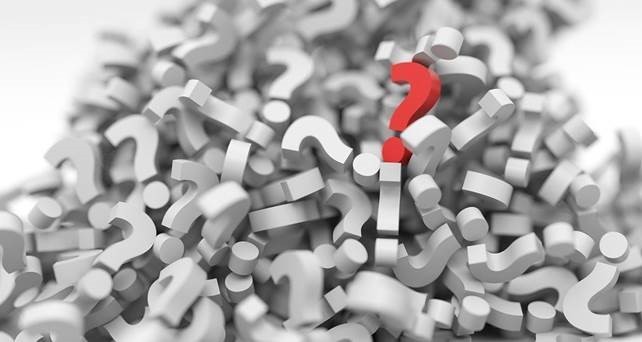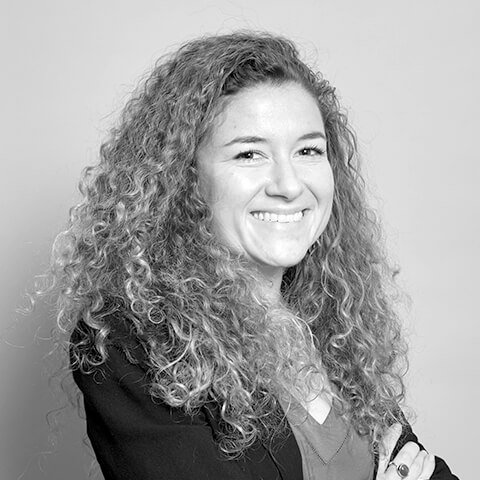“Should we get antibody tests?” Does anyone really know? My boyfriend, among the tens of millions of Americans who have lost jobs since the economy began cratering due to the COVID-19 pandemic, is anxiously awaiting the day he and others can return to the kitchens, bars, schools, arenas, and theaters their livelihoods (and sanity?) depend on. A source of hope has been the possibility of antibody testing to identify people who have recovered from COVID-19 and who may be immune to and unlikely to spread the infection. In fact, there are quite a few ways that using antibody testing to send people back to work could go horribly wrong. Here’s a big one: many of them are so inaccurate they’re likely to spread false hope—and, with it, new infections.
Manufacturers are touting tests with over 90 percent accuracy, but even ten percent inaccuracy is hugely important when testing lots of people. If you test 100 people in a population where one percent have been infected, you’ll get ten or 11 positive results, but only one of them can be right. That means most—90 percent or more—of the results will be wrong (and, if your goal is to identify individuals with immunity, the data would be falsely reassuring). If infection rates are higher—say five or ten percent—the results aren’t much better, according to this calculator from NPR.
Knowing what these tests can’t tell you is as important as knowing what they can. And the best science communicators—my M Booth Health colleagues among them—know this is true for more than diagnostic tests. Every time we launch a new treatment or prevention intervention, it’s critical we’re clear and precise about the people it may not work for and the circumstances under which it may not be effective. When we say Pre-Exposure Prophylaxis for HIV prevention works, we clarify this means when taken daily it reduces the risk of getting HIV from sex by about 99 percent. We should always be clear that for people with other risk factors or people who don’t or can’t take it consistently, it may be much less effective. Saying what we don’t know protects people’s health and builds trust.
For anyone conveying lifesaving information about COVID19 right now, being clear and honest about what is known and not known is critical to maintaining credibility—responsibility begins with admitting uncertainty. This is equally true for public health leaders issuing prevention guidance, pharmaceutical companies developing treatments and vaccines, and hair salons updating their clients and employees about re-opening plans. It was critical in the first few weeks that COVID-19 emerged in communities across the globe. The people who were reached and told how little we knew about how and how fast this virus could spread were best equipped to physically and mentally prepare for the period we’re in now. Knowing that we didn’t understand this virus created the right amount of caution; believing that we understand it produces a still dangerous laxness.
Conveying what’s still unknown is even more important as we look toward what’s next. As uncertainty persists, we crave someone or something we can rely on—regardless of whether they have answers. The people and organizations that earn our trust by telling us what’s unknown will be trusted sources for the long term.
Public health, business and community leaders: If you tell me you know what will happen tomorrow, I’ll tune out. If you acknowledge you’re not certain whether antibody tests will ensure my safety; you’re not sure if the beaches will be open this summer; and you’re not sure if herd immunity is even possible—I will keep listening, prepare, and act accordingly. For the sake of public health, speak truth.


